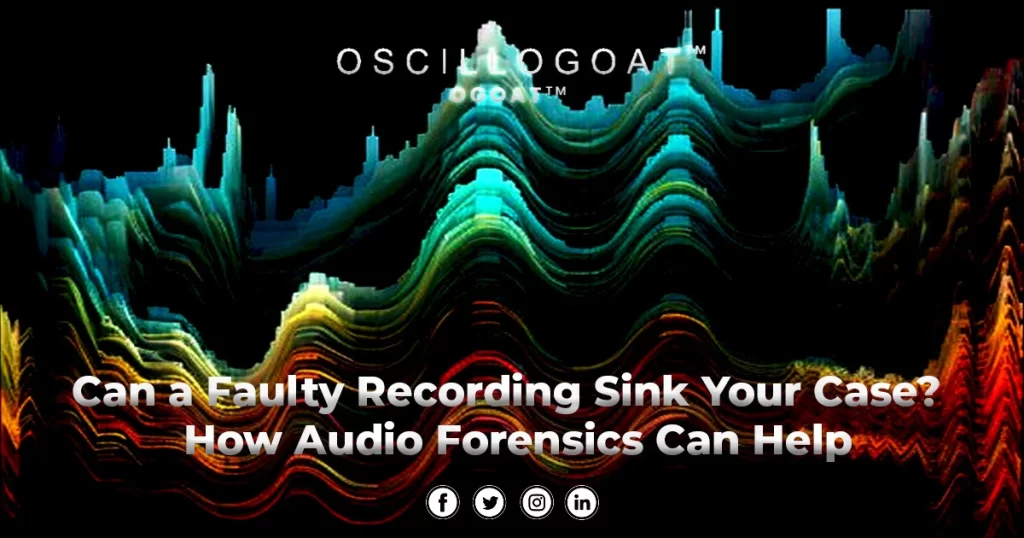
Audio Forensic Services recordings are everywhere. From witness statements captured on police body cameras to heated arguments accidentally caught on smartphones, these sound snippets can hold immense power in legal proceedings. They can provide irrefutable evidence, expose inconsistencies, and even overturn convictions.
But what happens when the recording itself becomes unreliable? A glitch, a drop in volume, or even background noise can cast doubt on the entire audio clip, potentially sinking your case.
This is where the fascinating field of audio forensic services steps in. Audio forensic experts are like detectives of sound, meticulously analyzing recordings to determine their authenticity and extract the most valuable information. They employ sophisticated techniques to ensure a recording accurately reflects its captured events.
The Perils of Poor Audio
Imagine this scenario: you have a recording of a critical conversation that could win your case. But when you play it back in court, it’s riddled with static. Is this a genuine recording, or has it been tampered with? Without audio forensics, the answer remains frustratingly unclear. A faulty recording can have several detrimental effects:
- Loss of crucial details: Background noise or muffled speech can obscure important words or phrases, hindering the recording’s value as evidence.
- Questions of authenticity: Even minor glitches or edits can raise doubts about the recording’s integrity, potentially leading the judge to disregard it entirely.
- Misinterpretation: Without proper analysis, background conversations or sounds can be misinterpreted, swaying the interpretation of the main exchange.
The Science of Sound Analysis
Audio forensics goes far beyond simply listening to a recording. Here’s a glimpse into the tools and techniques these experts use:
- Authentication: Forensic specialists can determine if a recording has been edited, spliced, or otherwise manipulated. They achieve this by analyzing factors like audio inconsistencies, time stamps, and even background noise patterns.
- Noise Reduction: Advanced software helps remove unwanted noise like static, hum, or background chatter. This clarifies the main conversation, ensuring crucial details are not lost.
- Speech Enhancement: Techniques like spectral editing can isolate and amplify muffled speech, making previously unintelligible voices clear and understandable.
- Speaker Identification: In some cases, audio forensics can even identify the speakers in a recording. This analysis compares voice characteristics like pitch, timbre, and speaking patterns to known voice samples.
Real-World Applications of Audio Forensic Services
Audio forensics isn’t confined to dramatic courtroom showdowns. Its applications extend far beyond the legal system, playing a crucial role in uncovering the truth in various scenarios:
Insurance Investigations
Imagine a homeowner filing a broken window claim alleging a break-in. However, the insurance company suspects foul play. An audio forensic examination of the homeowner’s security camera footage can unearth inconsistencies in background noise patterns, potentially revealing the window was staged.
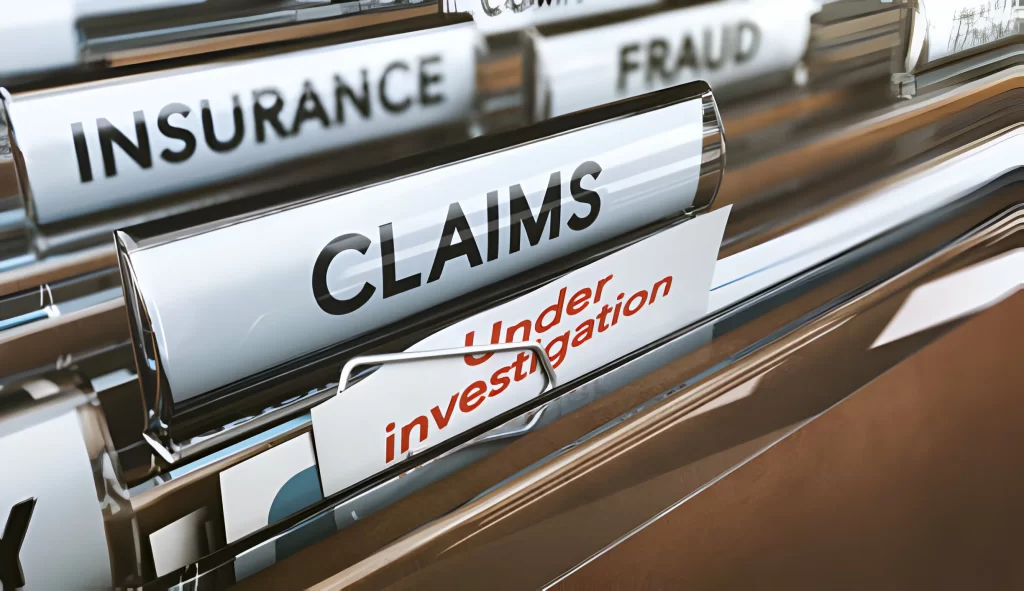
Media Authenticity
In today’s age of viral videos, the line between genuine footage and manipulation can blur. Audio forensics can analyze leaked recordings or controversial news clips, detecting edits or inconsistencies that raise doubts about their authenticity. This helps maintain media credibility and expose potential fabrications.
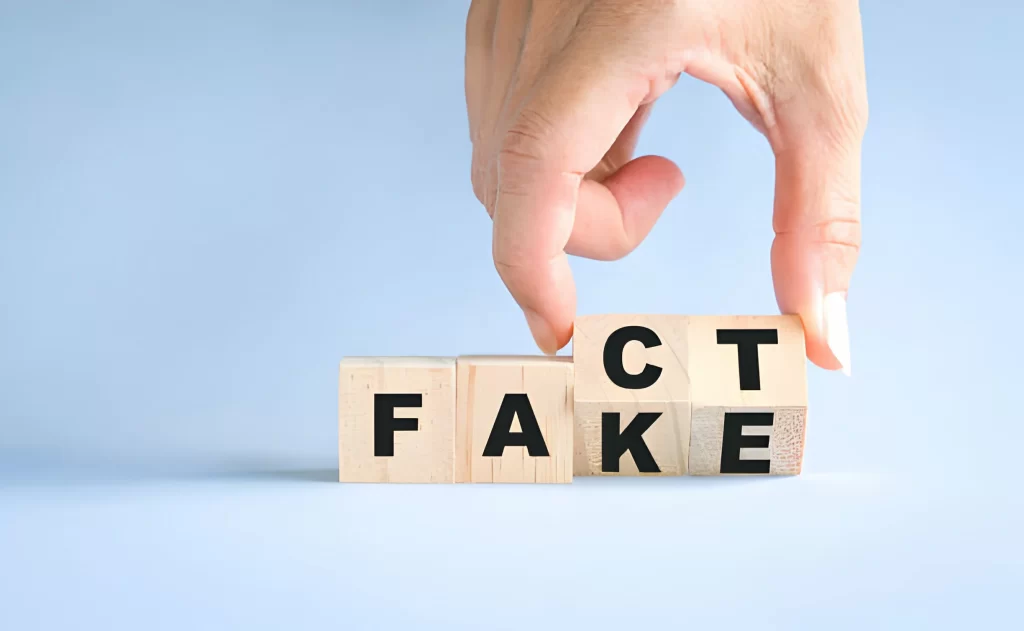
Historical Preservation
Historical recordings, like speeches or interviews, are invaluable for research and understanding the past. However, age degradation and technical limitations can distort the audio. Audio forensics can meticulously restore these recordings, ensuring the voices and messages from the past remain clear and accessible for future generations.
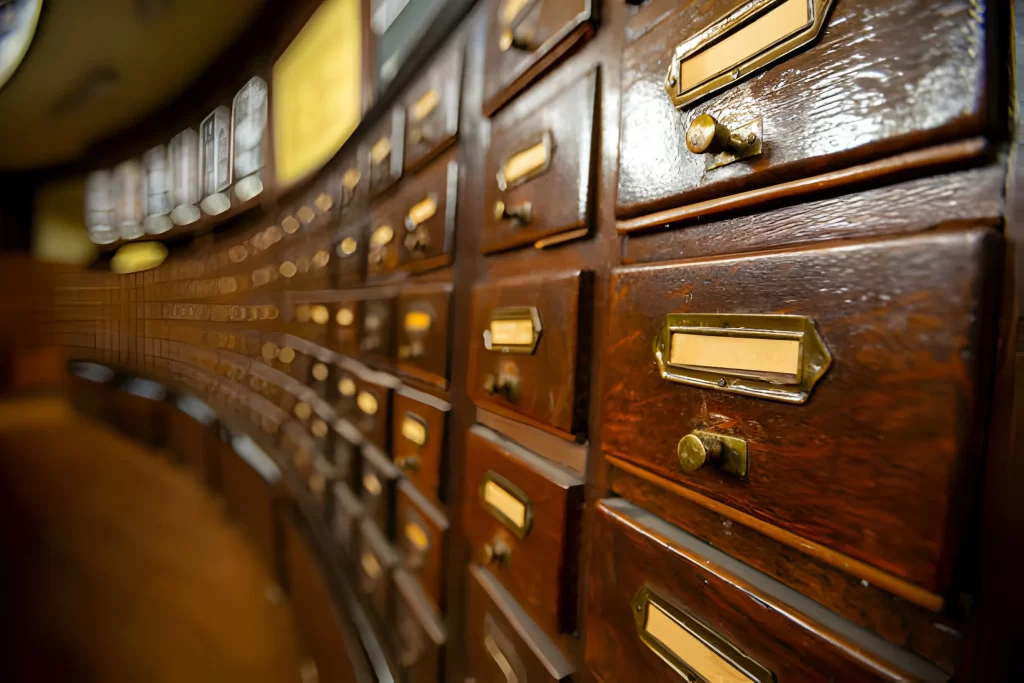
Copyright Infringement
Audio forensics is key in protecting intellectual property. By analyzing musical compositions or voice recordings, experts can identify subtle similarities, helping expose copyright infringement and protect the rights of creators.
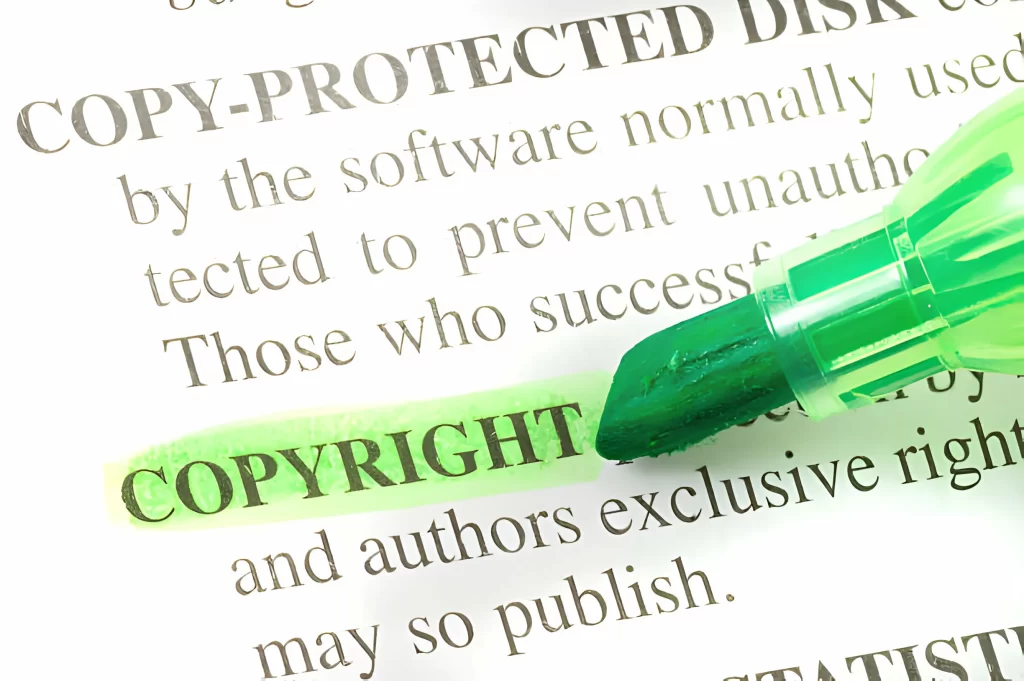
Product Liability
In product liability cases, recordings of malfunctioning equipment or accident scenes can be crucial evidence. Audio forensics can isolate and enhance specific sounds, pinpointing the source of the problem and strengthening a claim against the manufacturer.
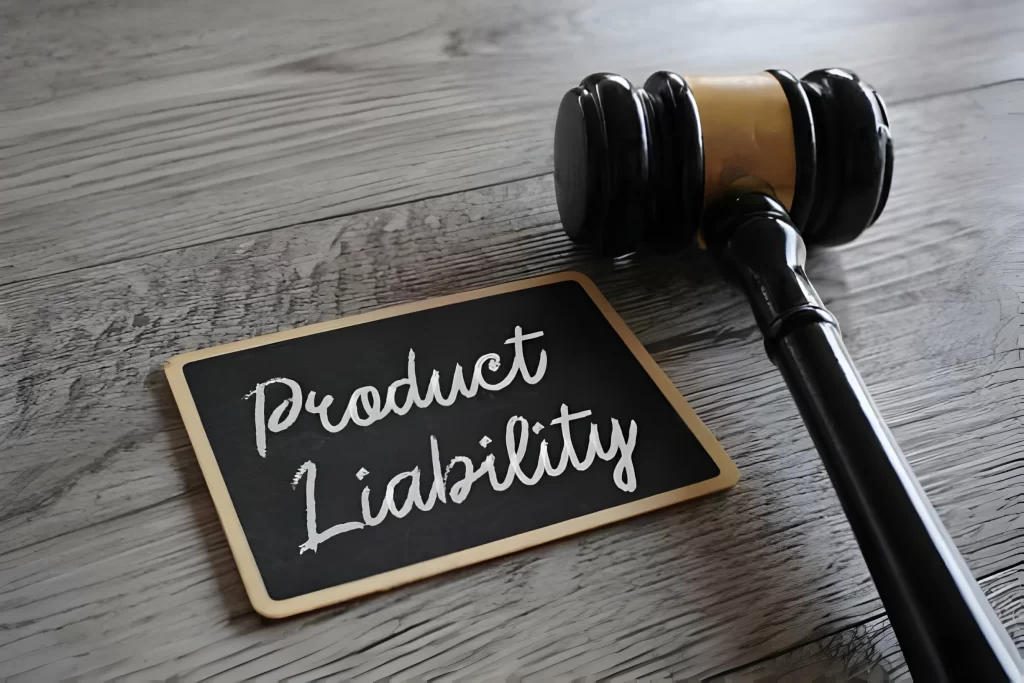
Disaster Response
Following a natural disaster or emergency, chaotic recordings from emergency calls or witness accounts can be vital for reconstruction efforts. Audio forensics can help remove background noise like sirens or screams, allowing investigators to understand crucial details and prioritize rescue efforts.
The Value of a Qualified Expert
While technology plays a crucial role in audio forensics, the expertise of the analyst is equally important. A skilled professional can interpret the complex data extracted from a recording, present findings clearly and concisely for the court, and withstand cross-examination.
The Bottom Line
Recordings can be powerful legal tools, but their effectiveness hinges on their authenticity and clarity. If you have a crucial audio clip that could be compromised by glitches, noise, or potential tampering, don’t hesitate to consult an audio forensic services expert. Their meticulous analysis can ensure your recording speaks volumes in your favor, potentially tipping the scales of justice in your direction.
